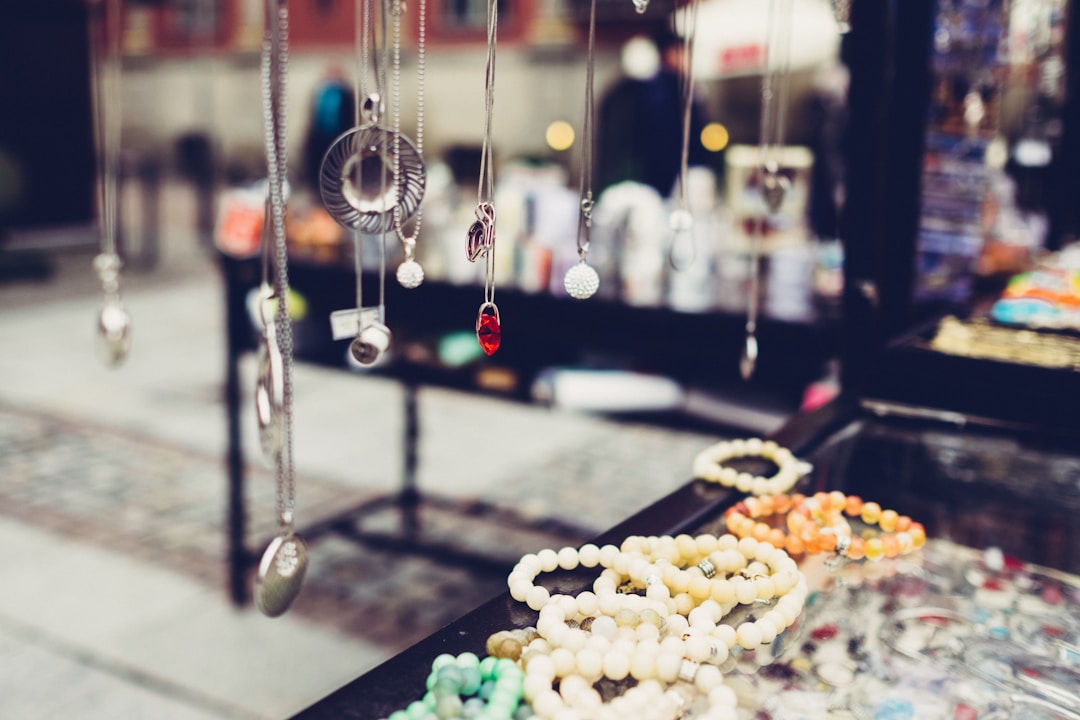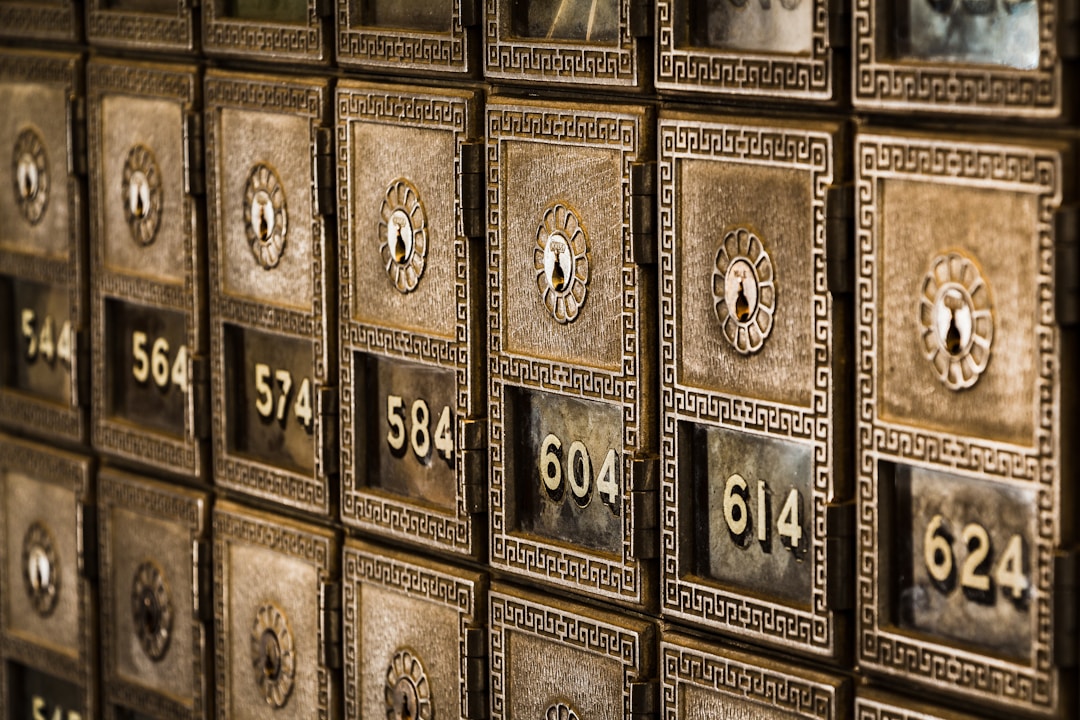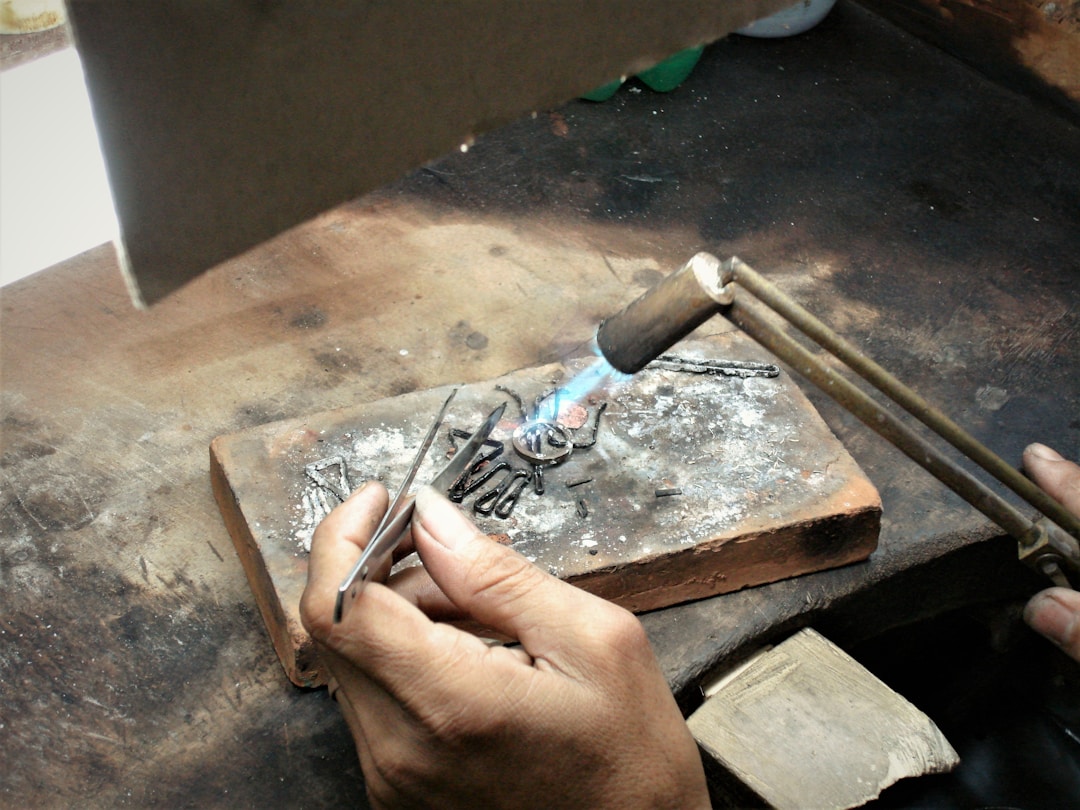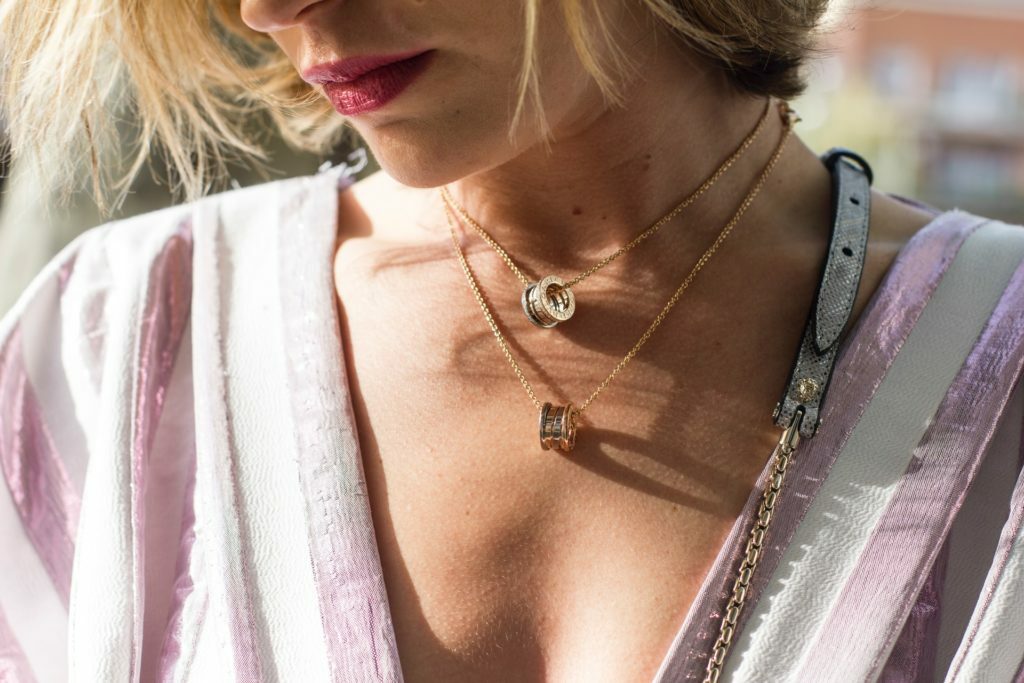Have you noticed that many countries around the world have a gold reserve? If so, does Fort Knox ring a bell? Well, there is a reason behind all this. The value of precious metal mostly appreciates with time. Unlike fiscal money, precious metals are often not subject to negative undulations, such as inflation.
These same dynamics hold on a personal level. Investing in jewelry is an excellent way to preserve wealth. There’s also the added aesthetics of owning a beautiful high valued item. If you want to invest in jewelry but unsure where to start, this article offers five tips to facilitate and consolidate your investment.
1. Seek the services of an expert.

The precious metal industry can be a tricky one. What you see might not necessarily be what you’re getting. Hence the saying, “All that glitters is not gold.” So, when purchasing jewelry, seek the services of a professional.
Let’s say, for instance, you want to invest in diamond necklaces, an expert can take you through the requisite paperwork and help you validate the quality of your purchase. They’ll also help you purchase the items at the right price, and you’ll have the requisite details regarding the future worth of your investment. This is important as a few jewels have low resale value.
2. Get the requisite paperwork.
When purchasing, you should ask for a certificate of authenticity. It should be from an internationally recognized institution. In certain jurisdictions, it’s issued by the police. Having such a certificate increases the value of your goods. It’s also a mark of authenticity. Should you need investment for a larger project, you can table this in.
Certain venture capitalist companies like Yieldstreet accept this. No doubt, your next question is “Is Yieldstreet a ripoff?” The answer is “No.” Their many years of experience and success is proof of their authentic services.
3. Plan for security and safety.

No doubt, jewels are high-value assets, hence the need for reliable security. When people know you have such investments, you might become a walking target. If you want to keep them at home, get a bulletproof safe or vault. If possible, get one with an alarm that sets off when a wrong code is entered, or a forced entry is detected. You can also improve the security at home by installing CCTV cameras.
Alternatively, try to open a bank account and save them with a bank. Yes, banks can keep jewels. They can also protect high-value fine art. All you have to pay is a management fee.
4. Always conduct due diligence.
Even if you’re using the services of an expert, it’s still important to carry out your due diligence. For example, let’s say you see a silver necklace at a jeweler. You can do research where it originates. International conventions have barred the use of ‘blood minerals’ obtained from conflict zones or via child labor. You can also enquire about who the craftsperson is.
Find out if these firms have a history of fraud and look up their financial status. There’s a rare case of jewelers cutting corners and getting into financial trouble. Also, try to find out their privacy policy and the deals they offer. This information is readily available.
5. Look beyond the luxury stores.

The general tendency is to buy from big dealers. That’s not bad as you can easily get the requisite paperwork and carry out your research. However, the downside is the high price of the acquisition. So, you shouldn’t limit your source to them. Instead, try to patronize the pawn and antique shops. Such shops usually sell jewels that have a rich history behind them, which might increase their value.
Alternatively, you can use the services of local craftsmen. They’re flexible and available to provide customized jewels. The most significant advantage is they come at lower prices‚Äîwhich you can still bargain down.



















